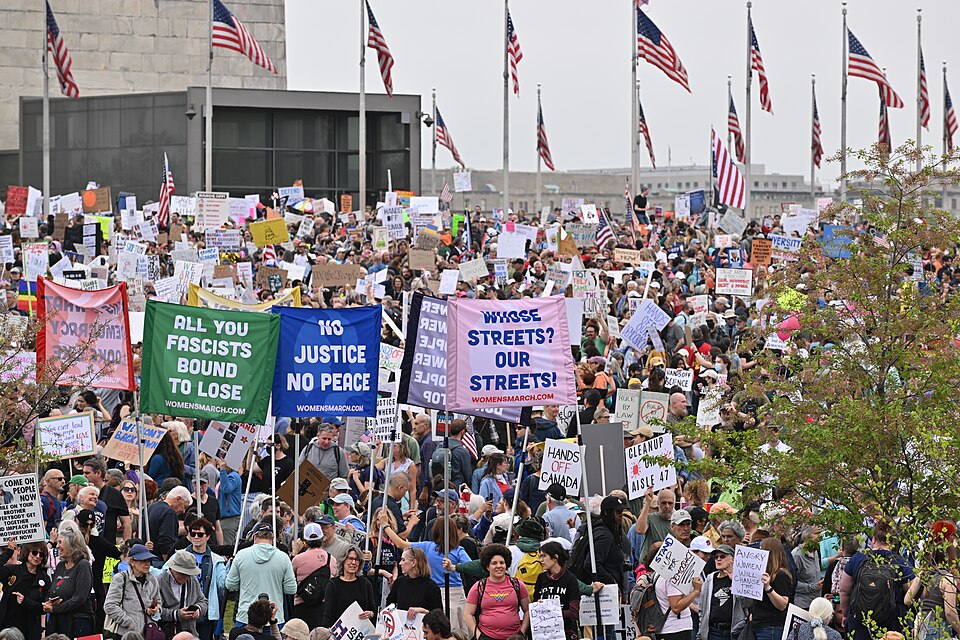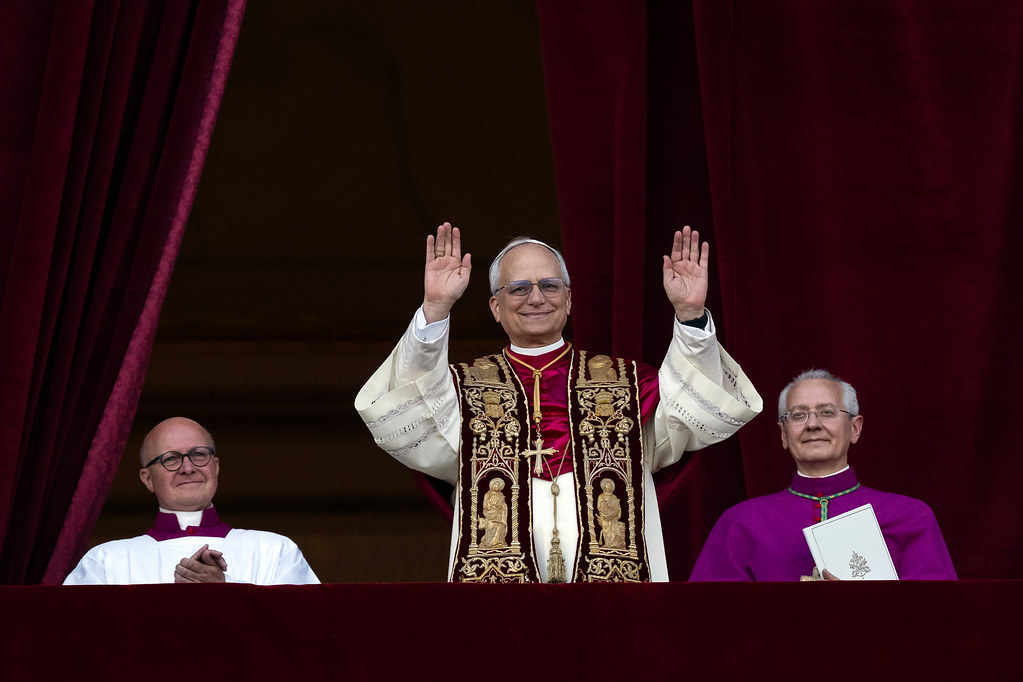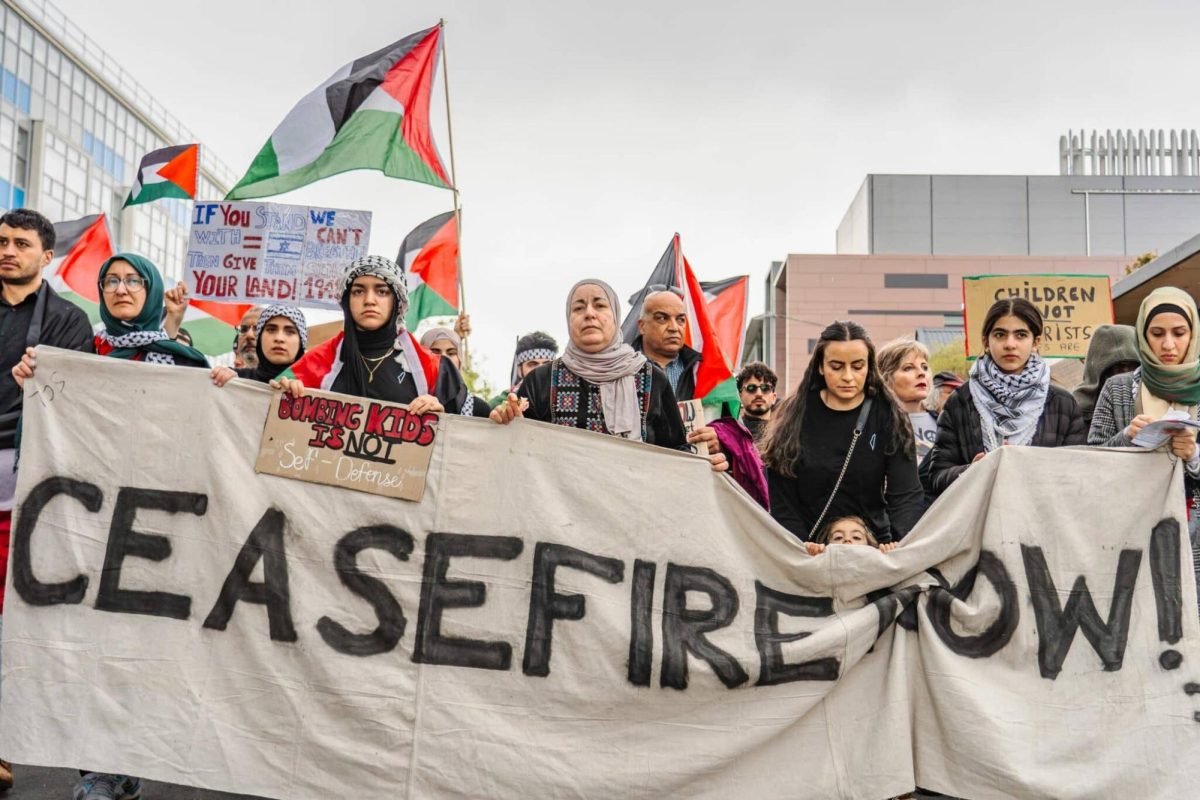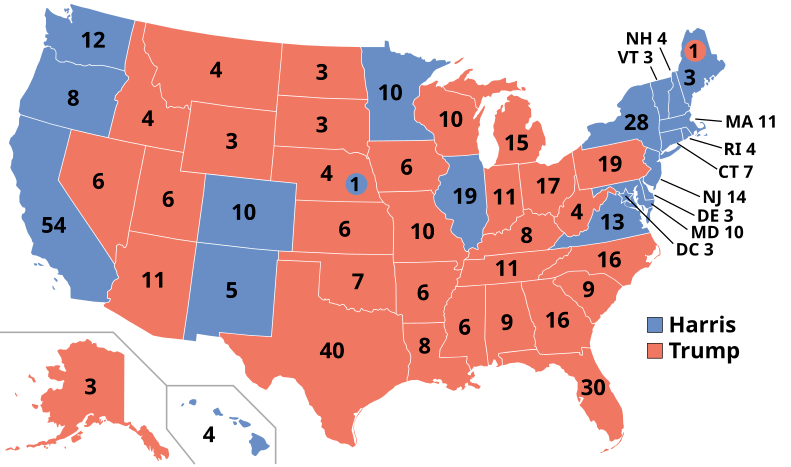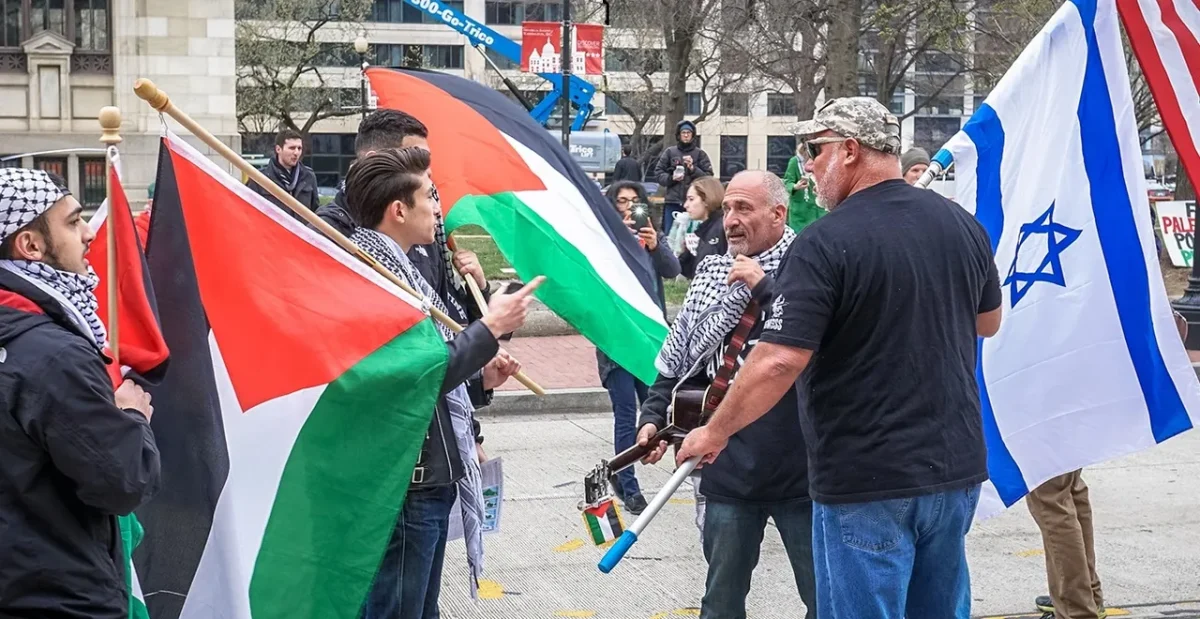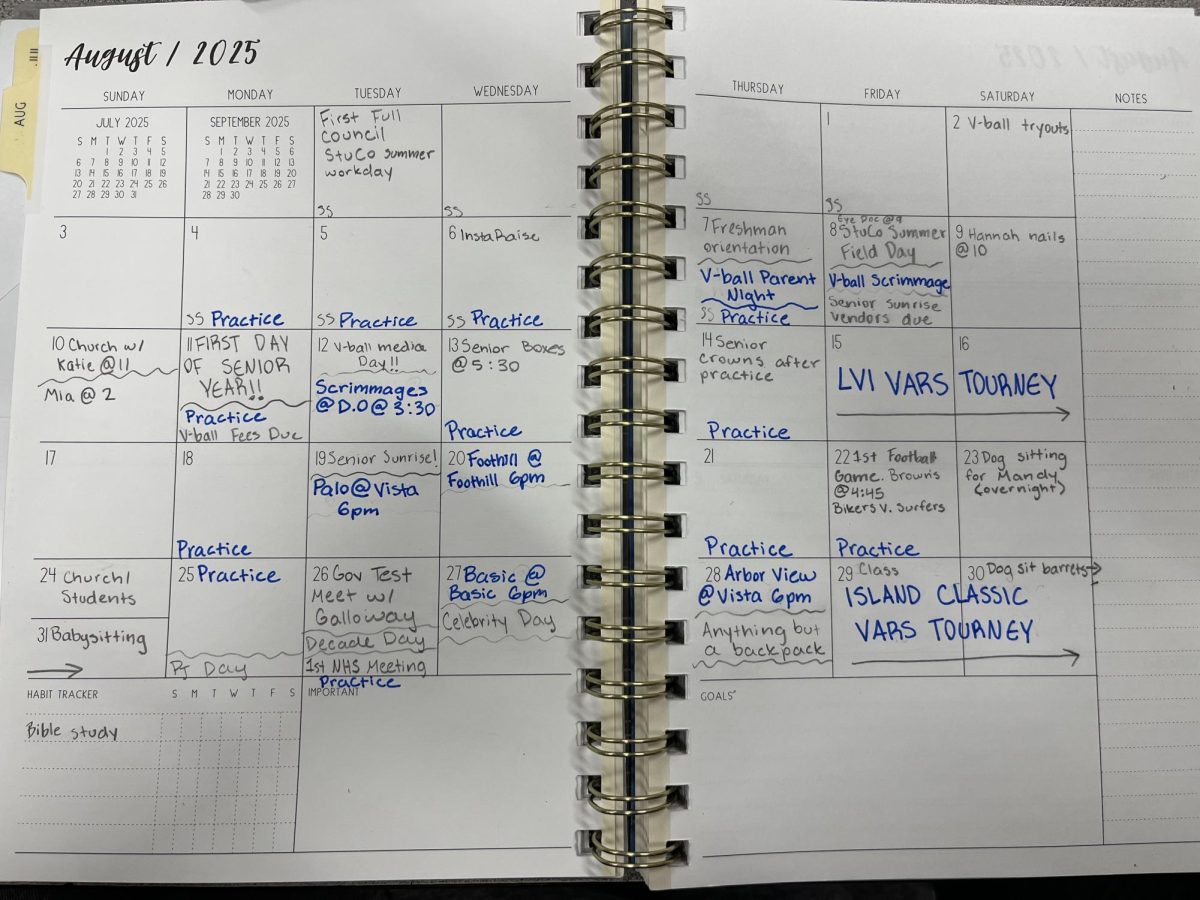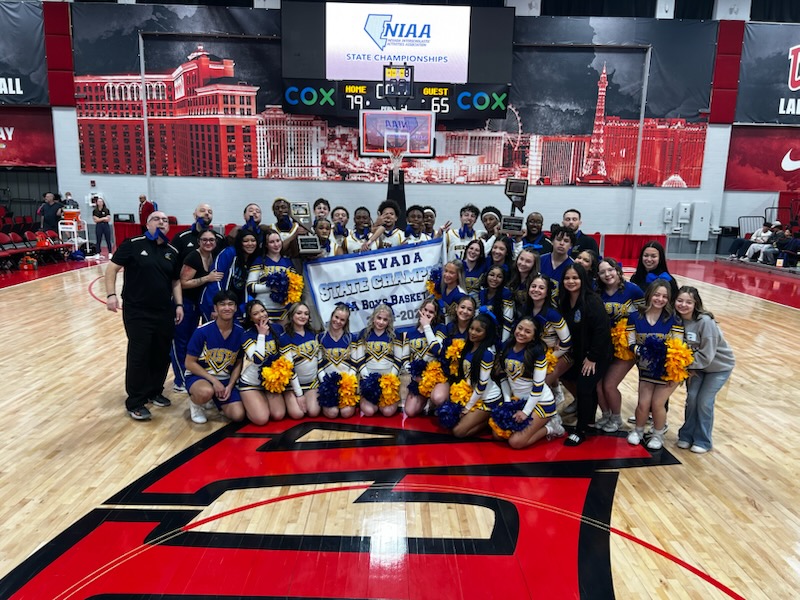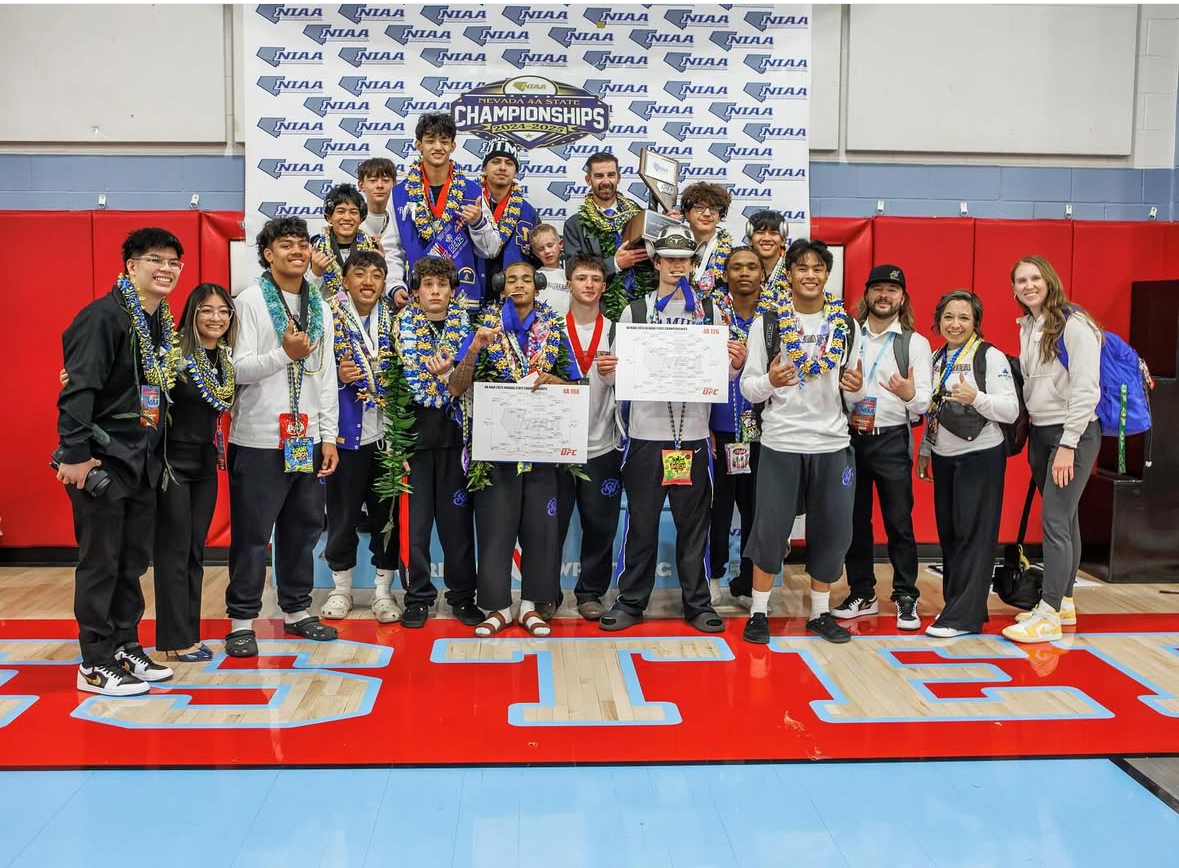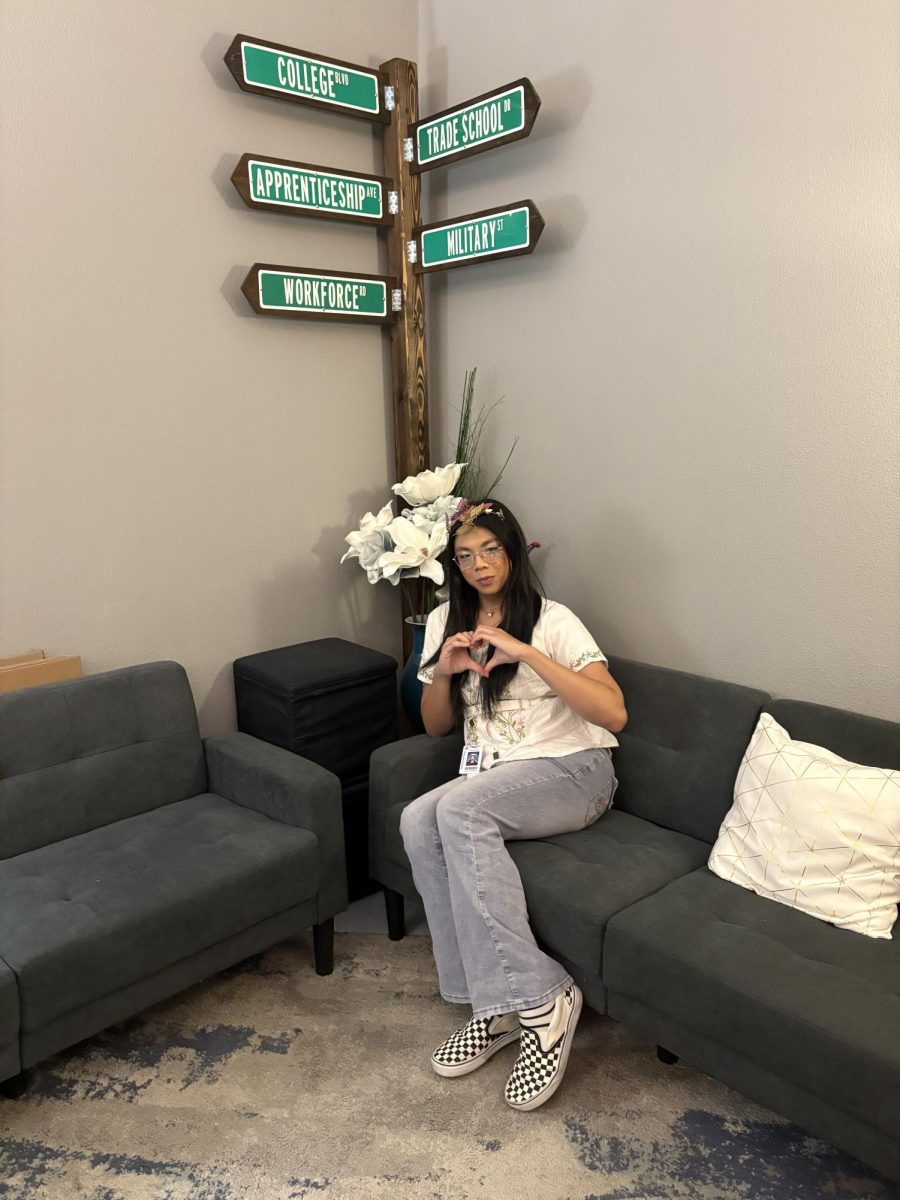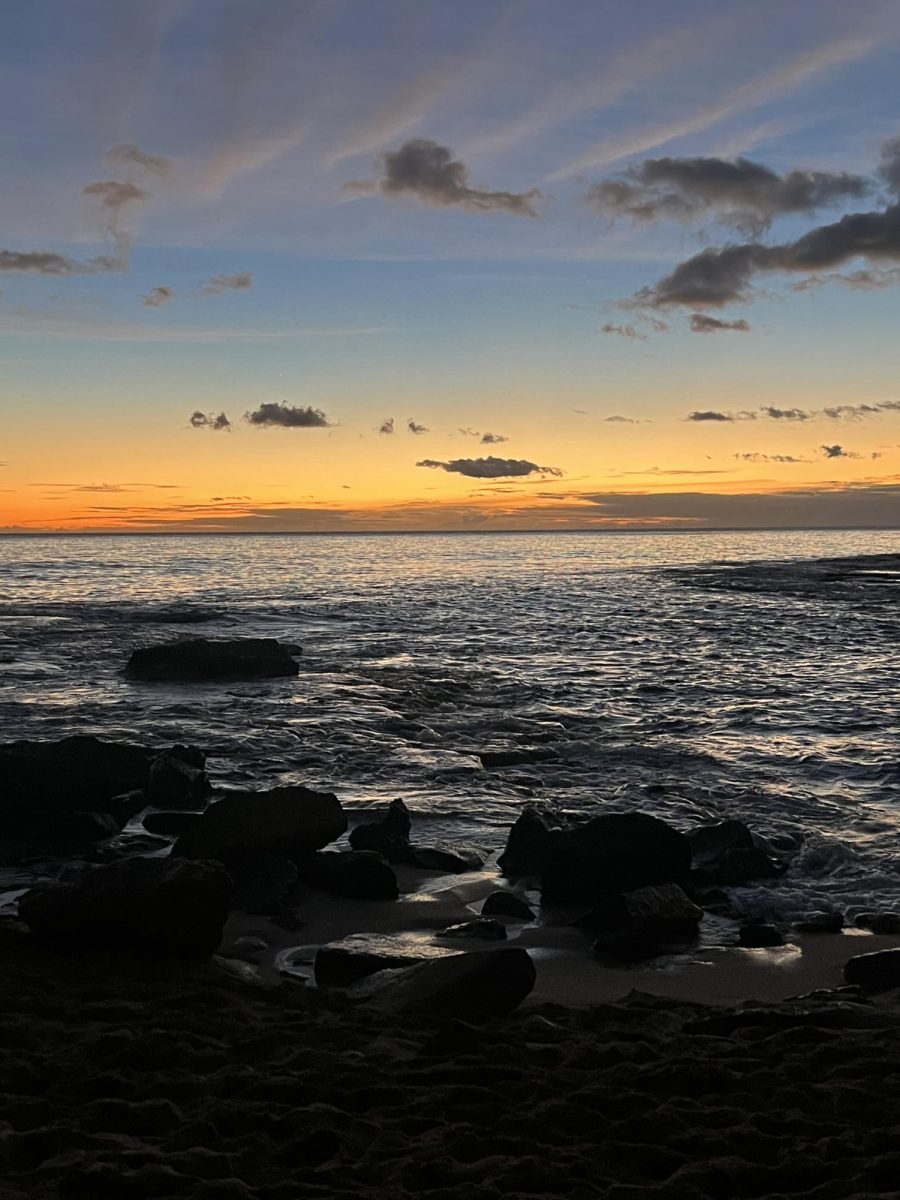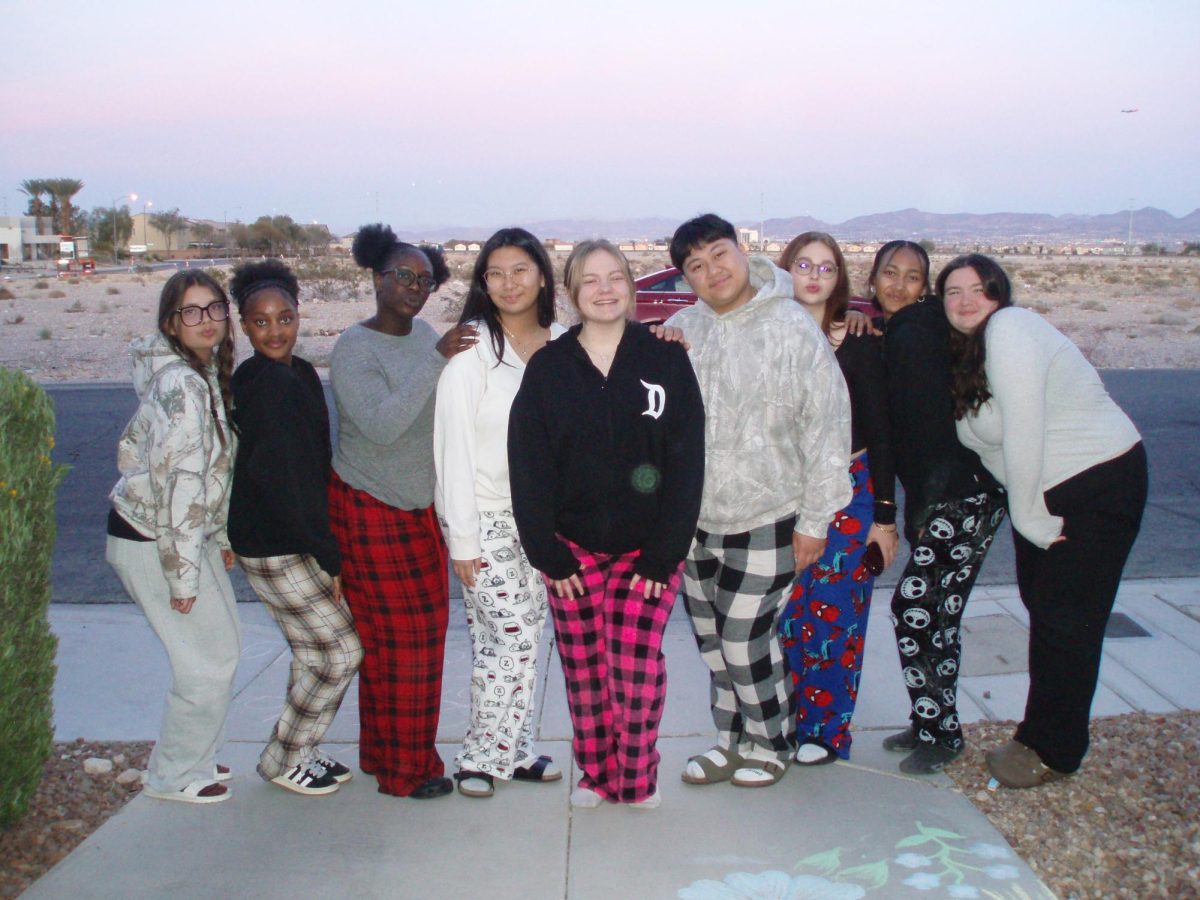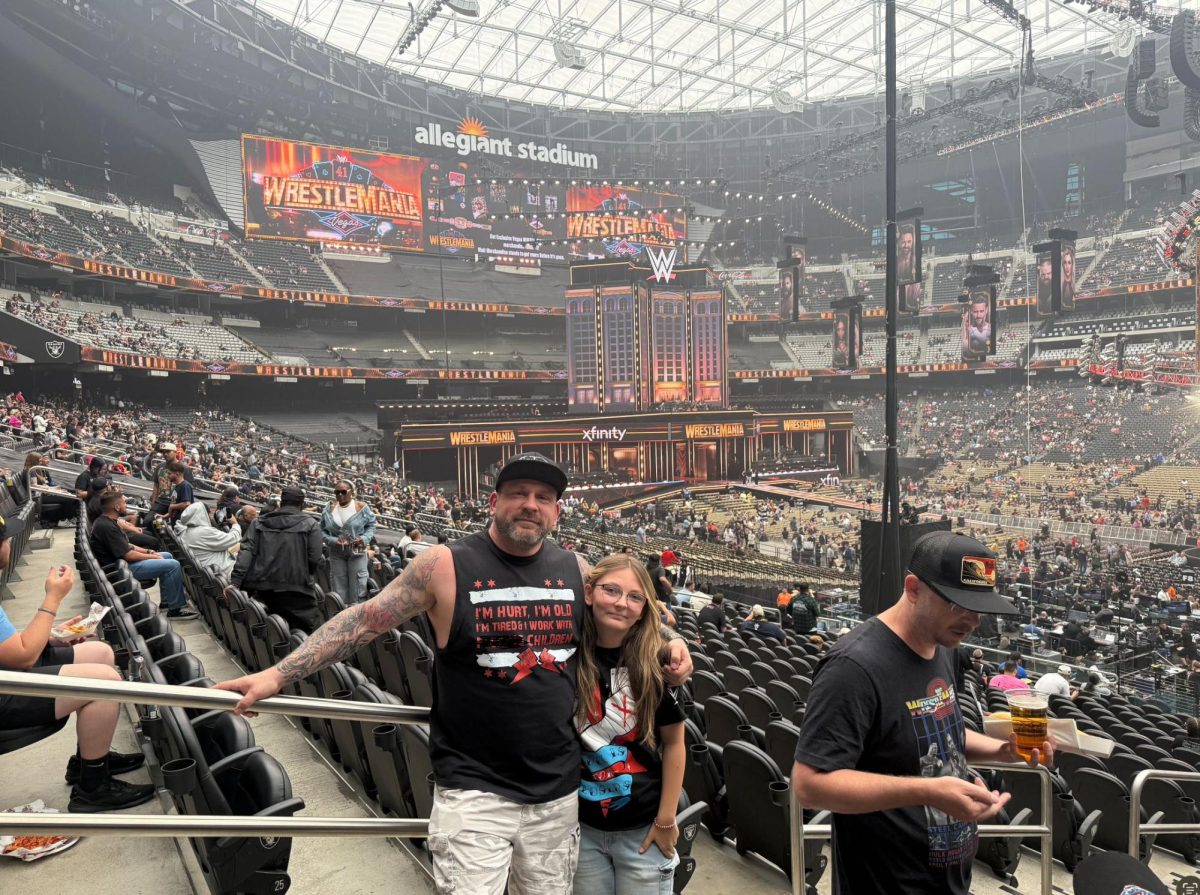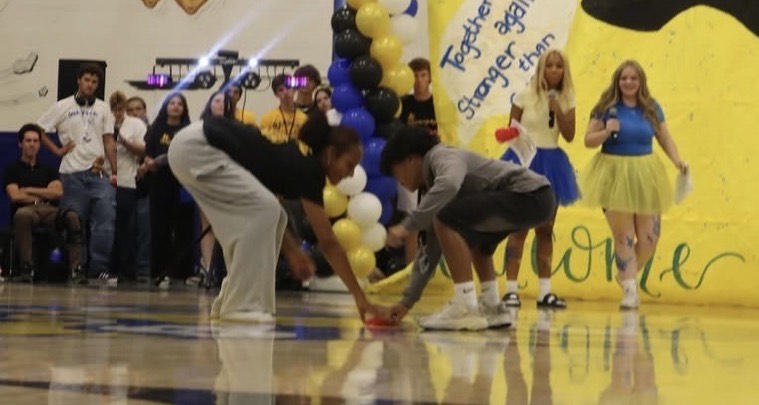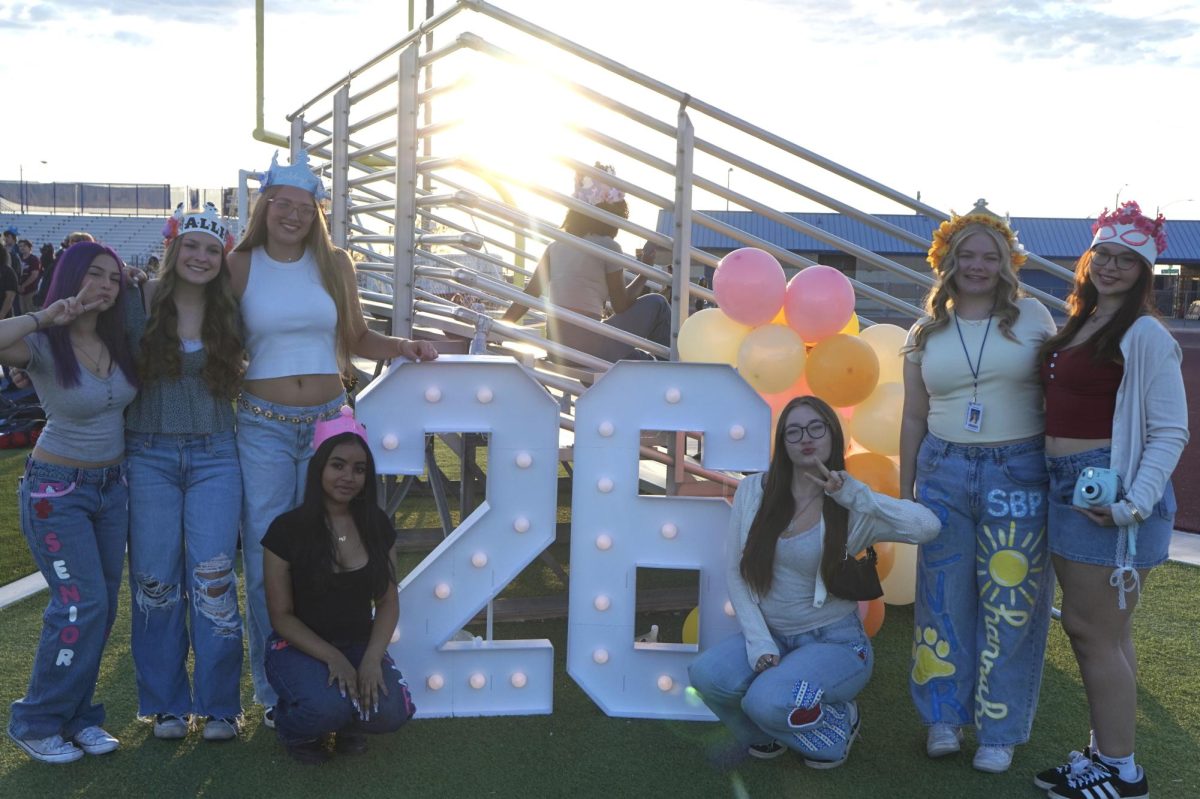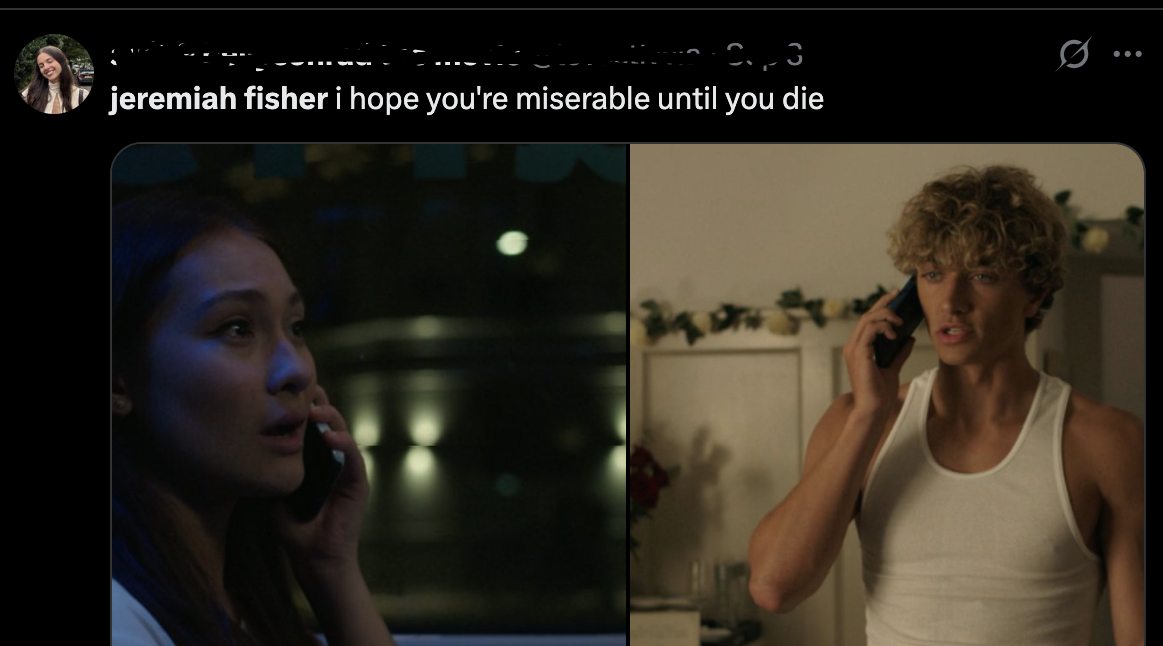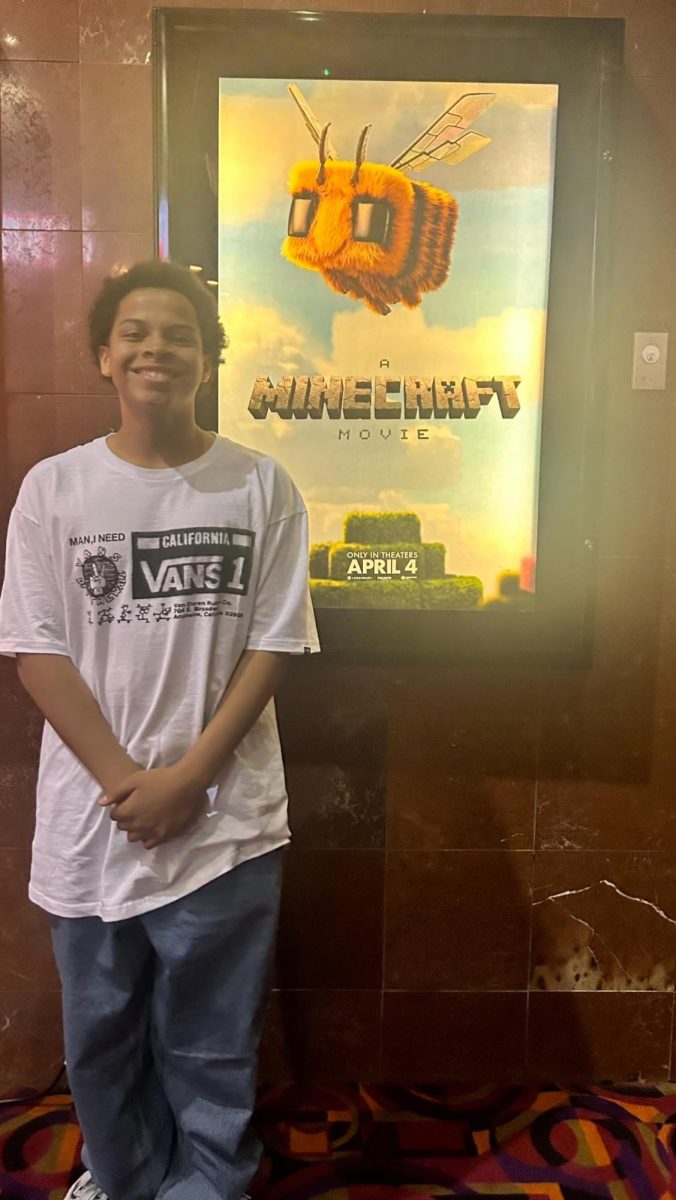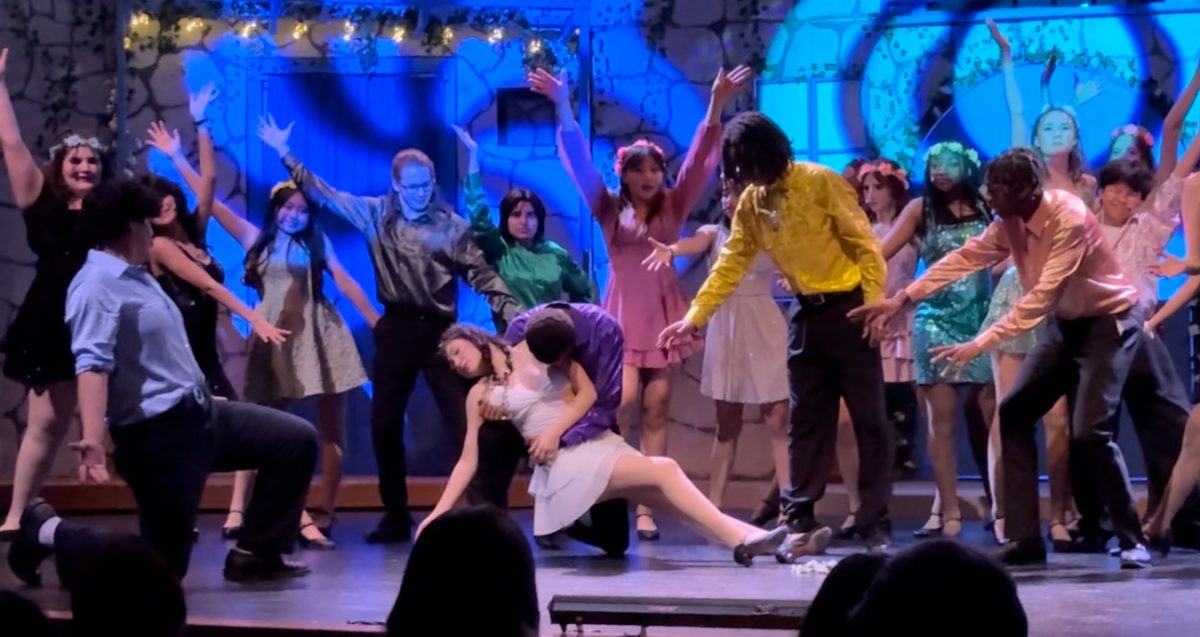Juneteenth becomes a Federal Holiday
March 2, 2022
On June 17, 2021, Juneteenth became officially recognized by the federal government as the11th federal holiday. The Senate and House on June 15 and 16 passed a bill to President Joseph Biden who signed it the day after; therefore, legally declaring that Juneteenth is a permanent in addition to the ten other federal holidays. The importance of Juneteenth becoming a federal holiday in the upcoming years will widely expand its rich cultural history and celebrate the freedom of those
impacted by slavery.
Juneteenth, is a holiday with a special history that recognizes enslaved African-Americans who did not learn of their freedom until two years after it was proclaimed. On September 22, 1862, Abraham Lincoln issued the Emancipation Proclamation to end slavery. The civil war ravaged
the country for four years before ending on April 9, 1865 when Union General S Grant defeated General E. Lee at Appomattox, Virginia. General Grant went to each state to announce that the American Civil War had ended with President Lincoln issuing the Emancipation Proclamation ending slavery forever. However, the news did not reach the African-Americans in Galveston, Texas who still suffered in bondage.
After its establishment in Galveston, the holiday’s influence spread to a variety of cities throughout the United States. to host celebrations on the 19th of June every year. The holiday is best known as the “longest-running African-American holiday” being called “America’s Second Independence Day.” Juneteenth focuses on three goals: To Celebrate, To Educate, and To Agitate all celebrated in yearly traditions of baseball, fishing, rodeos, elaborate large meals, wearing perfect clothing, and making a Pilgrimage to Galveston. Various cities across the U.S. turned Juneteenth to become a multicultural holiday, with more traditions including public readings of the Emancipation Proclamation, singing traditional songs like: “Swing Low, Sweet
Chariot”, and “Lift Every Voice and Sing”, readings of works by African-Americans writers like: Ralph Ellison and Maya Angelou, street fairs, cookouts, family reunions, park parties, historical reenactments, blue festivals, Miss Juneteenth contests, and soul foods. Sierra Vista U.S. History Teacher, Mr. John Foss says “As a history teacher, I have not taught my students about it yet, but sooner or later they will specifically know what Juneteenth is and hopefully learn a lesson from this experience.” At Duke University African-American studies scholar, Mark Anthony Neal says “I think Juneteenth feels a little different now.” “It’s an opportunity for folks to kind of catch their breath about what has been this incredible pace of change and shifting that we’ve seen over the last couple of weeks.”
